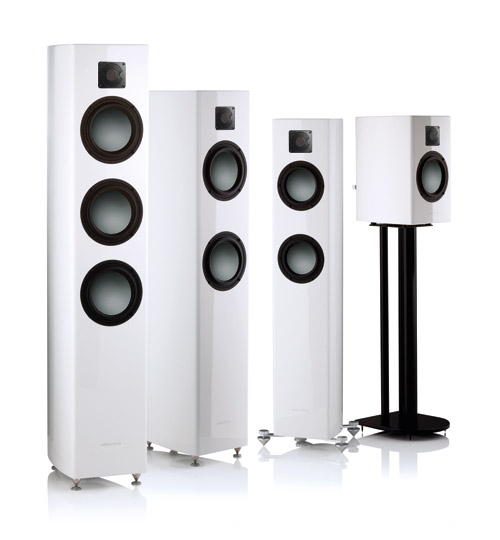
Our affordable entry into the absolute HighEnd. Each of our Arcona loudspeakers is a sonic jewel.
Each of our Arconas will leave you in awe. From the small Arcona 40 bookshelf speaker to the large Arcona 100 floorstanding speaker, there is so much sophisticated technology and knowledge inside that it was previously unimaginable in this class.
You can find an overview of all models here
The world's best loudspeaker diaphragms are made by Accuton. These diaphragms are by far the closest to the "ideal" diaphragm. Our new Arcona MKII series now also benefits from this technical lead.
Good loudspeaker diaphragms need to be light but sufficiently stiff to follow fast musical impulses. Our XPulse cone is made from lightweight aluminium with a super-light honeycomb plastic backing.
The teardrop-shaped enclosure prevents sound distortion caused by annoying reflection and diffraction effects. In addition, this shape increases stability and reduces sound colouration caused by cabinet resonance.
With the Bass Extension System we offer you an easy way to increase the low bass by 4 dB between 30 Hz and 60 Hz, which results in an enormous foundation for the size of the speakers.
The Essen-based company WBT has been the world market leader in speaker terminals for many years and sets the international standard with new gold deposition methods. Loudspeaker terminals have never sounded so good!
In our Arcona series, too, you can expect ultra-steep-flanked, balanced crossovers that perfectly define the drivers' operating range. The steep-flanked separation significantly increases power handling and impulse fidelity.
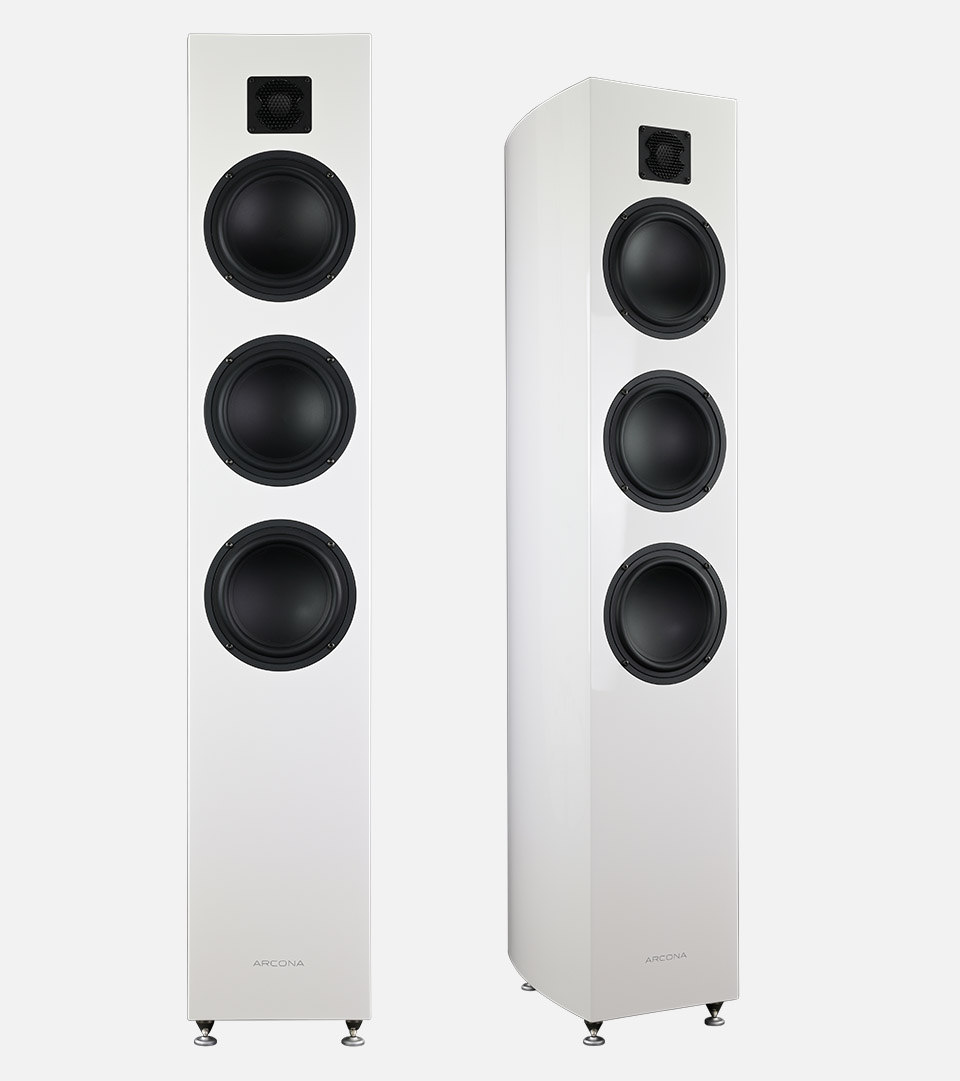
Imagine this: a tweeter in a loudspeaker cabinet has to radiate frequencies of at least 20,000 Hz, which means the diaphragm has to vibrate back and forth 20,000 times per second. This can only be done by diaphragms made of a very light material, which nevertheless has to be very stiff and hard so that it does not bend. For many years, the German specialist Accuton has been producing unique ceramic diaphragms that combine precisely these apparently contradictory properties. After a development period of 2 years, we have now succeeded, together with Accuton, in developing a ceramic tweeter that now carries all these properties into the Arcona series.
After the first few seconds of listening, you will realise that we are entering new territory here in this price range. Never before has there been such an enormous resolution, such a wealth of detail. The perfect introduction to the absolute HighEnd!
One-way speakers with a full-range driver are unfortunately very limited in their use, as the physical conditions to radiate bass and treble at the same time are diametrically opposed. That is why there are multi-way loudspeakers that cleverly divide the 10 octaves audible by humans: Large, heavy bass cones with small magnets, light midrange cones with extra-strong magnets and small, extremely light but hard tweeter cones with strong FeNd magnets.
The important thing here, as with all ensembles, is their interaction. This is controlled by a crossover. A crossover is an electrical circuit consisting of passive components such as coils (inductors), capacitors (capacitances) and ohmic resistors. With their help, the corresponding frequencies are conducted to their suitable loudspeaker chassis. There is only one catch, this separation is unfortunately very imperfect, so that frequency ranges are often radiated by two loudspeaker chassis at the same time. And that is the big problem, because this grinds out many impulses in the music and worsens the dynamics, making music reproduction bland and boring.
The remedy is "steeper" filters that increase the separation strength (keyword: slope). However, such filters are complex and expensive and extremely difficult to calculate. But: There is no alternative!
That's why we only use steep-edged, phase-linear filters with corrected group delay times with slopes of 50 to 60 dB/octave, which is a multiple of conventional filters, in all our loudspeakers.
Our speakers therefore sound very lively, spatial and extremely natural, unlike many others. You can hear this after just a few seconds. Therefore, compare our loudspeakers with your well-known pieces of music and let yourself be convinced by this fine, lively music reproduction.
The XPuls membrane, which was developed by GAUDER AKUSTIK especially for the Arcona series, is made of aluminium with a polymer coating on the back. The XPuls diaphragm gains in hardness and weight during the manufacturing process by selectively filling it with polymers. This makes it possible for the XPuls membrane to combine the positive characteristics of soft and hard membrane materials. The result is a very linear frequency response and perfect impulse behaviour.
The resonances that occur at high frequencies (> 6 kHz) are so effectively suppressed by our technology of ultra-sloping crossovers that they can neither be measured nor heard.
These technical-sounding features have only one purpose: to make the music accessible to you, to bring it closer to you, while retaining the characteristic timbres of the individual instruments and authentically reproducing the spatial conditions of the recording. You can see how perfectly we have succeeded in doing this at any time in a listening comparison at your specialist dealer.
In the filter theory of electrical engineering, circuits that influence the frequency response are also called electrical filters. In a loudspeaker, the electrical filters are partial filters of an entire acoustic transmission system. In addition to the electrical filters, there are also mechanical and acoustic filters. In its entirety, this results in an acoustic filter that describes the characteristics of a loudspeaker in its entirety, i.e. what we call frequency response, phase response and time response (impulse response).
Filters have different blocking effects and efficiencies depending on how elaborately they are constructed. The simplest loudspeaker filter is the closed box with a blocking effect of 12 dB/octave. This is called a 2nd order filter because each order causes a slope of the blocking effect of 6 dB/octave. Since a bass reflex speaker has two oscillating mass-spring systems (speaker cone and oscillating air column in the tube), the bass reflex system is a 4th order filter system with a blocking effect downwards of 24 dB/octave and an increased efficiency in the bass range. It is therefore very popular and effective. Because a bass reflex speaker has an enclosure opening, enclosure air resonances can be excited by the diaphragm, which are radiated outwards through the tube and cause severe sound colouration, especially in the midrange. In two-way systems this can be a serious problem. For a two-way system, it is therefore advisable to increase the filter order with electrical filters. For example, a 1st order electrical high-pass filter, if properly sized, can extend the bass range downwards by more than half an octave, which will certainly give a small bookshelf speaker a strong foundation. A 2nd order electrical filter even causes a bass extension of almost a whole octave, making a subwoofer superfluous.
In addition, such electrical high-pass filters increase the impedance at the very bottom of the low bass range (1 Hz -20 Hz), thus sparing the chassis extreme excursions if the recording is overloaded with subsonic components or extreme low bass. A shelf speaker is not designed for this. Such electrical filters have astonishing effects in combination with bass speakers, which is why we don't want to do without them. Of course, one thing is clear: the law of conservation of energy in physics also applies here. The low bass extension is bought by a reduction of the impedance in the range 25 Hz - 35 Hz, whereby the speaker draws more current (energy) from the amplifier to fill up the bass range. For larger tube amplifiers, transistor amplifiers or switching amplifiers this is generally not a problem, unless you want to listen extremely loud. Smaller tube amplifiers, on the other hand, can run out of steam. You can then deactivate the high-pass filtering by pulling the bass extension jumper. This increases the impedance and the required energy is significantly lower. And so you can also operate our loudspeaker cabinets with a smaller tube amplifier.
Behind the slim design of the ARCONA lies an elaborately crafted 22 mm thick MDF cabinet in a soft design. The curved drop shape and rounded corners prevent sound-distorting reflection and diffraction effects. Purposefully placed stiffening ribs in the loudspeaker cabinet provide the necessary rigidity and almost completely eliminate natural resonances.
The cabinet geometry as well as the downward radiating, flow-optimised bass reflex port ensure an even room excitation and create a unique stage presence.
All models of the ARCONA series are supplied with a covering frame.
Available finishes: Piano lacquer black, Piano lacquer white
In the detailed loudspeaker manual, you will not only find topics on the various connection options but also detailed tips and advice on room acoustics, loudspeaker placement and sound improvement options for your listening room/HiFi system
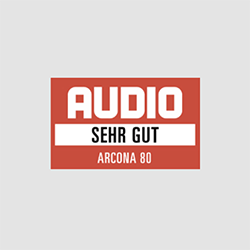
06/14
Arcona 80

01/20
Arcona 60 MKII

01/21
Arcona 100 MKII

08/21
Arcona 40 MKII

10/21
Arcona 80 MKII
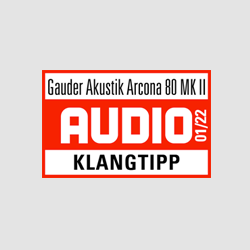
01/22
Arcona 80 MKII

09/22
Arcona 60 MKII SD

11/22
Arcona 80 MKII SD
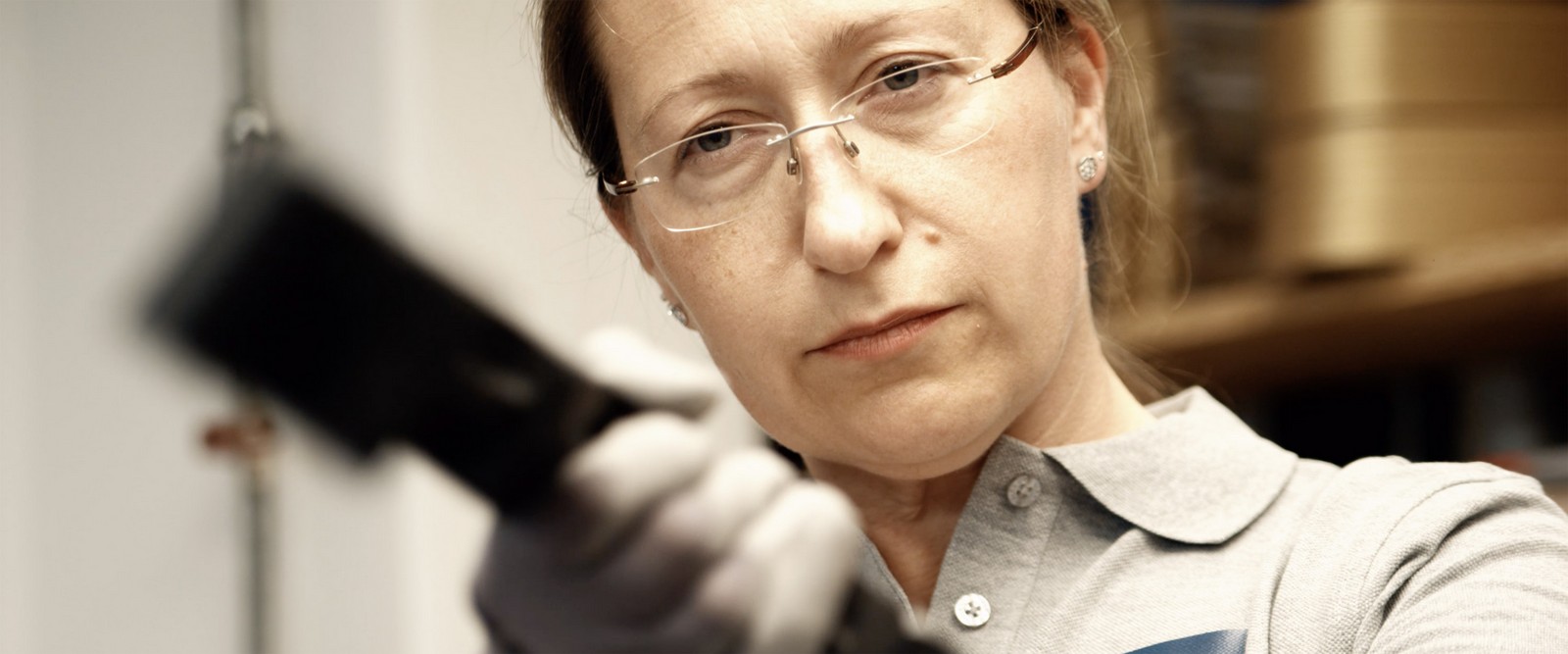
From development and production to the final inspection with listening test - every loudspeaker is manufactured in Renningen.
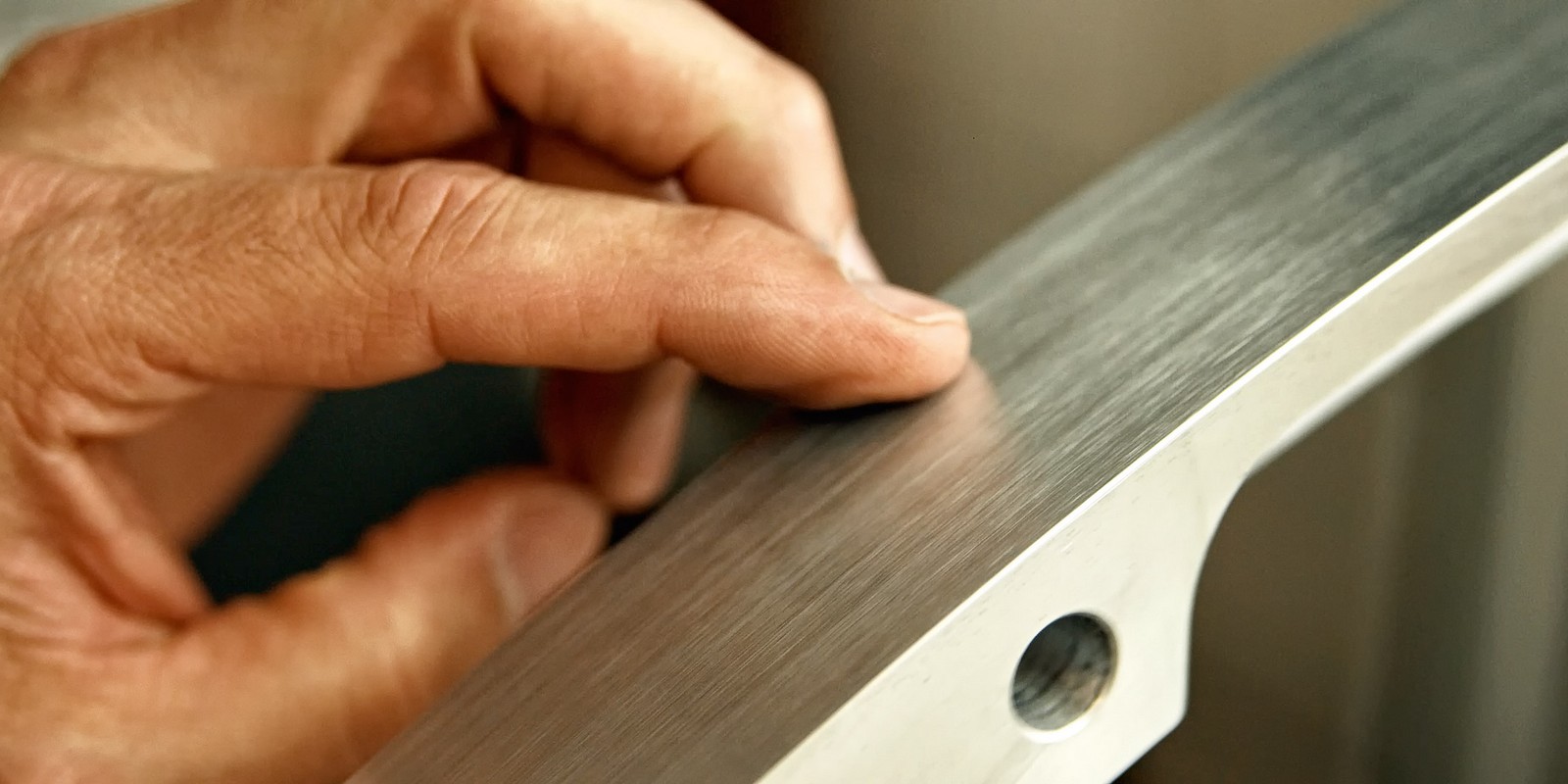
With our unique GAUDER Lifetime-Update your loudspeaker will always be technically and sonically up to date.
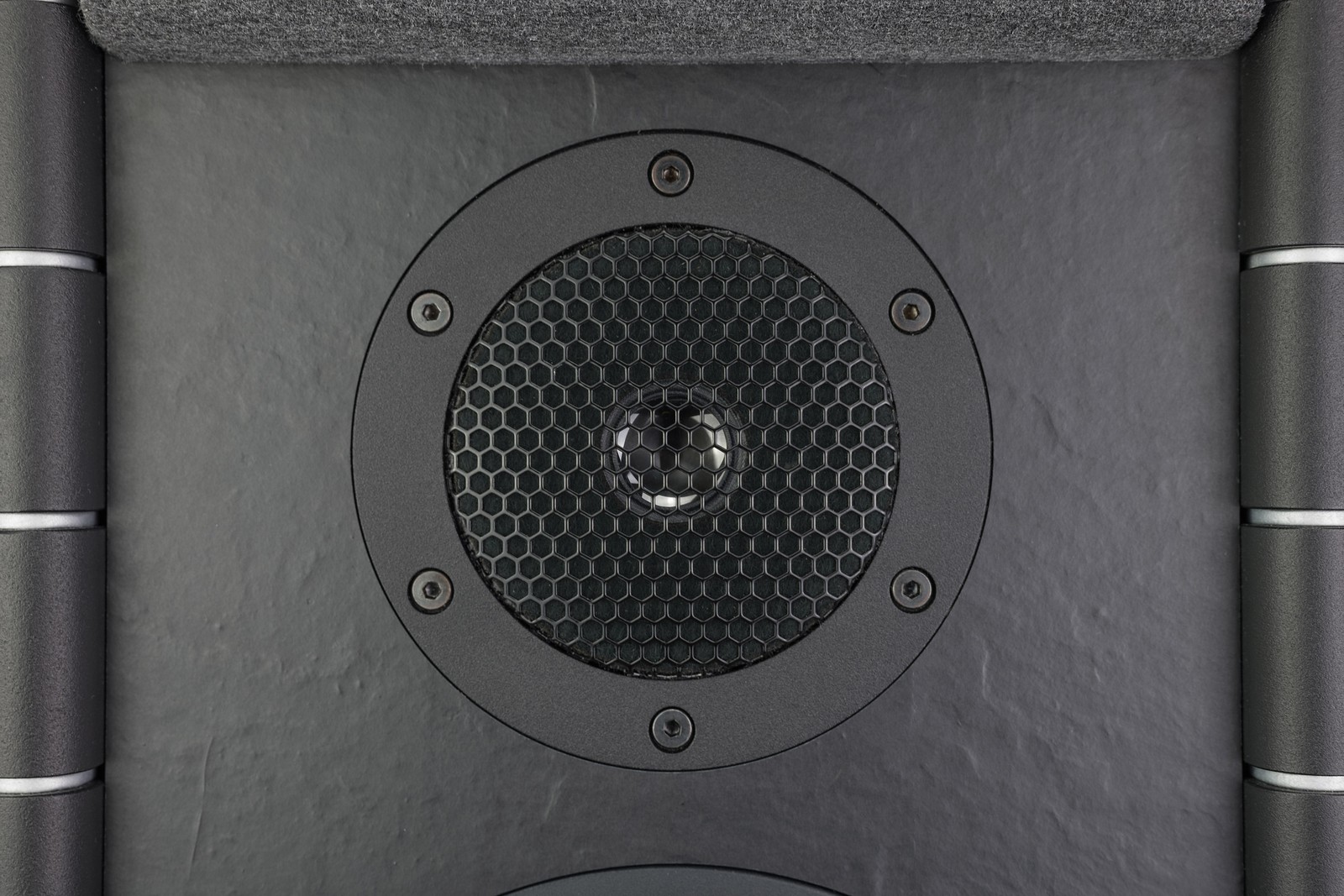
Upgrade possible at any time (BERLINA, DARC, CERAMIC). The surcharge is no higher than at the time of purchase.
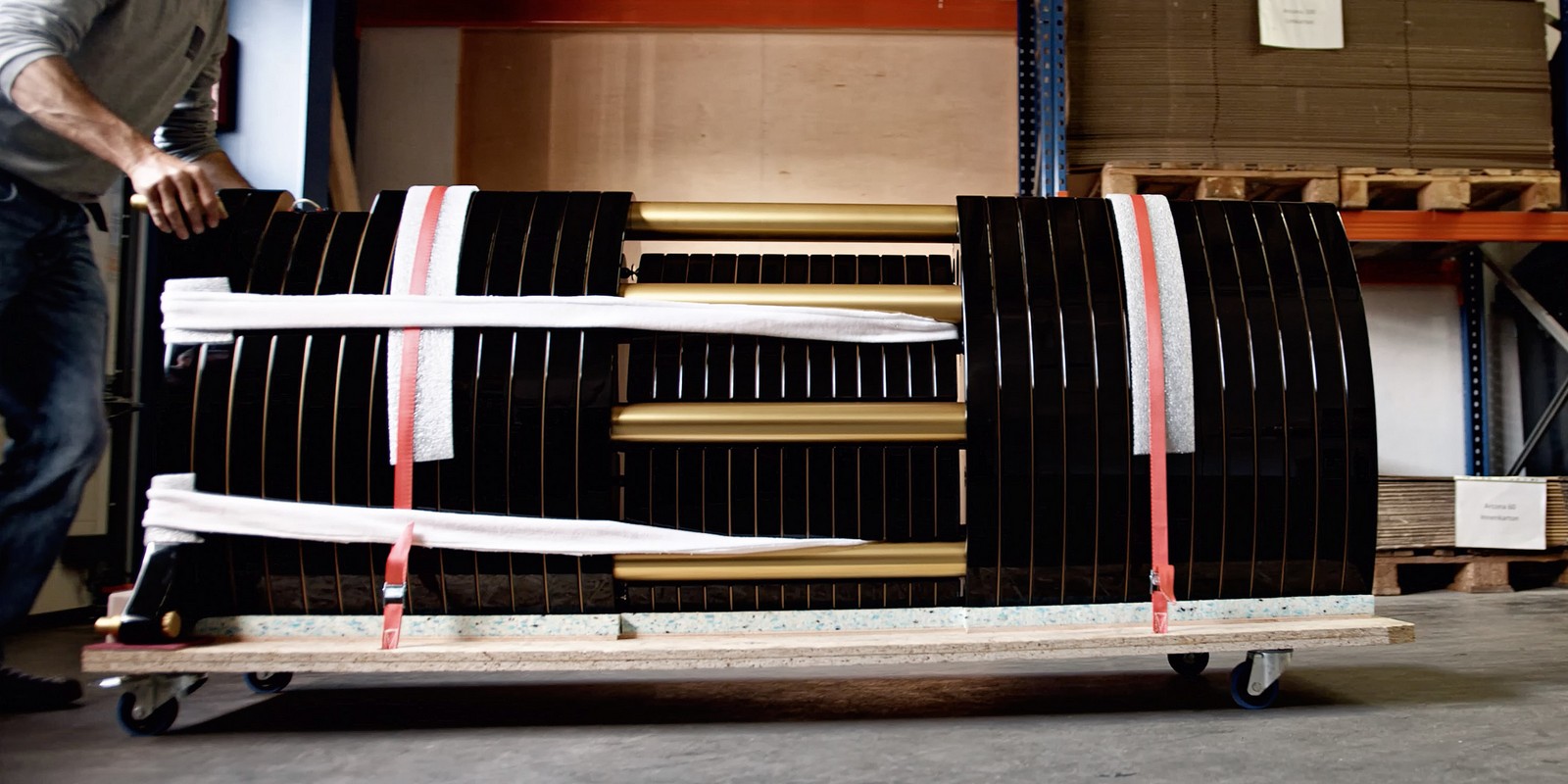
We know about the quality of our speakers. Therefore we grant for registered loudspeakers
10 years warranty.
Would you like more information about our speakers? Would you like to visit our factory or test a loudspeaker?
Please feel free to call us (phone +49 7159 920161) or send us this contact form. We will get back to you as soon as possible.
YOUR GAUDER ACOUSTICS TEAM


